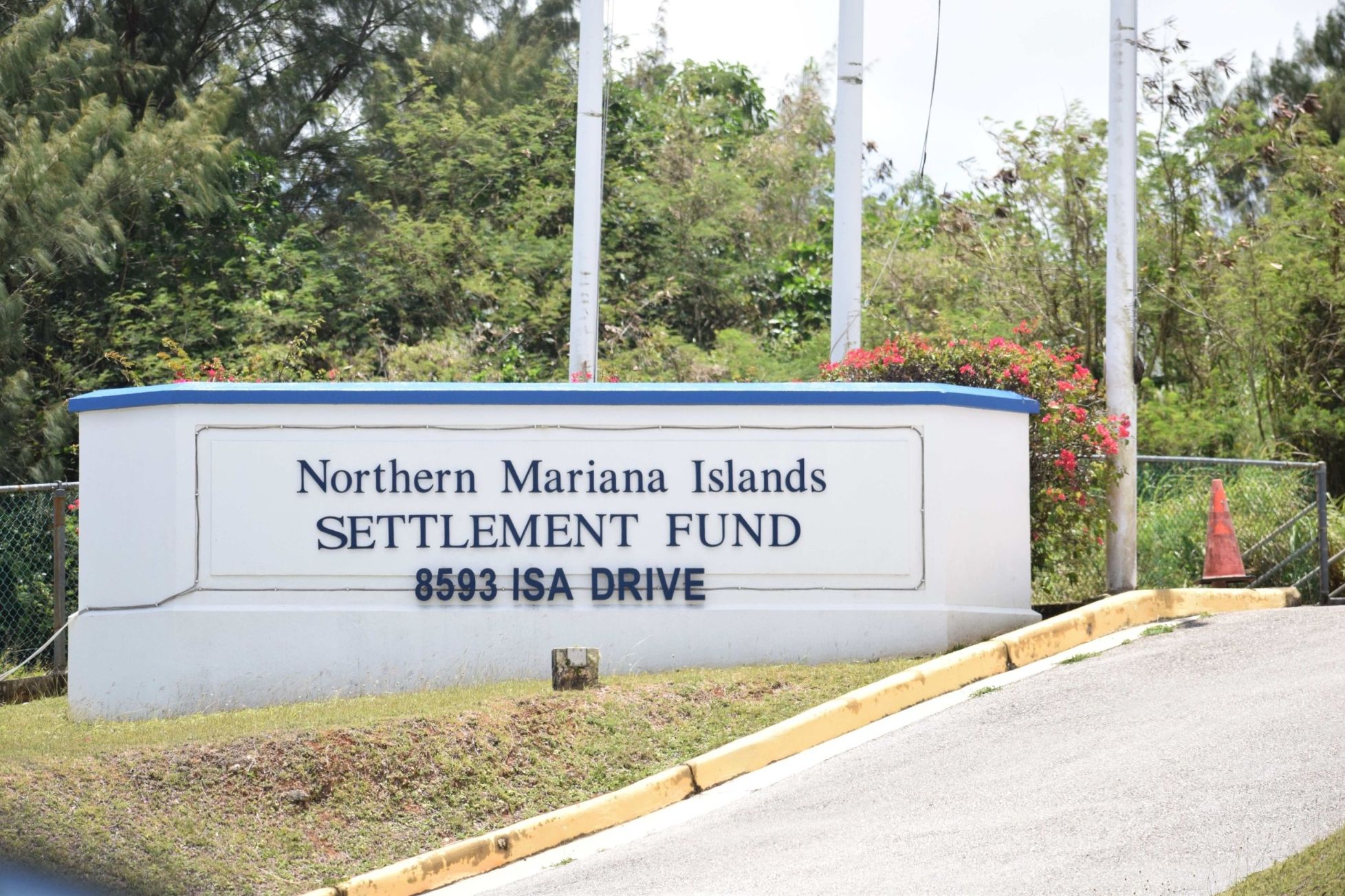The GAO, the investigative arm of the U.S. Congress, also noted that the 22-year-old island-nation has not yet implemented policy reforms needed to enable economic growth.
David Gootnick, director for international affairs and trade team of GAO, told the U.S. House Subcommittee on Insular Affairs during a hearing on Tuesday, that local politics had also taken its toll on the completion of U.S. funded infrastructure projects in FSM.
“Numerous factors have negatively affected the use of the compact grants for FSM development goals,” said Gootnick.
As of April this year, he said the FSM completed only three infrastructure projects and approximately 82 percent of the $82.5 million in infrastructure funds remained unexpended.
“Lack of progress in this sector is owed to national and state disagreements over infrastructure priorities, problems associated with the project management unit and Chuuk’s inability to secure land leases. Additionally, the FSM has almost $15 million in unspent funds for other sectors, or around 7 percent of funds allocated from 2004 to 2007,” said Gootnick.
FSM’s distribution of grants among Kosrae, Pohnpei, Chuuk and Yap has not been based on need, leading to significant differences in per capita funding.
Gootnick further noted that FSM’s lack of financial accountability on the use of Compact funds deviated it from accomplishing its economic goals.
“FSM has also lacked accountability for the use of compact funds, as demonstrated by weaknesses in its yearly financial statements and lack of compliance with requirements of major federal programs,” he said.
Formerly administered by the U.S. as one of the United Nations Trust Territories, FSM chose to become an independent country in 1986.
It then signed a Compact agreement with the U.S. that allows America to use its territorial waters and lands for civilian and military purposes in exchange for financial aid.
The first round of this financial aid reached $1.5 billion by 2003.
In 2004, the two countries negotiated another deal which entitles FSM to receive as much as $2.3 billion more through 2023.
The FSM said cannot survive without continued funding from the U.S. beyond 2023.
The U.S., however, is pushing for the FSM’s financial independence as recession takes its toll on its economy.










